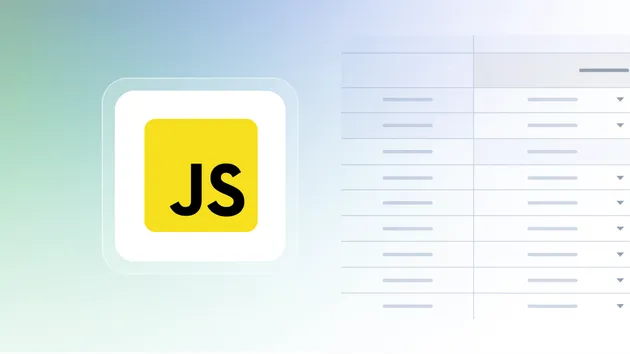XML to JSON Converter
Pricing
$1.00/month + usage
XML to JSON Converter
XML to JSON Converter Convert any XML file to JSON effortlessly with this Apify actor. Handle complex XML structures and transform them into structured JSON data. Supports input via URL or direct text paste, making it easy to integrate into your data processing workflows.
Pricing
$1.00/month + usage
Rating
0.0
(0)
Developer

Paco
Actor stats
1
Bookmarked
26
Total users
1
Monthly active users
a year ago
Last modified
Categories
Share


